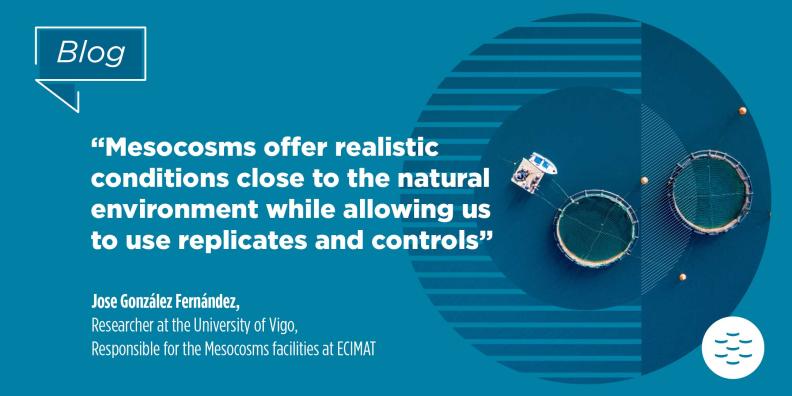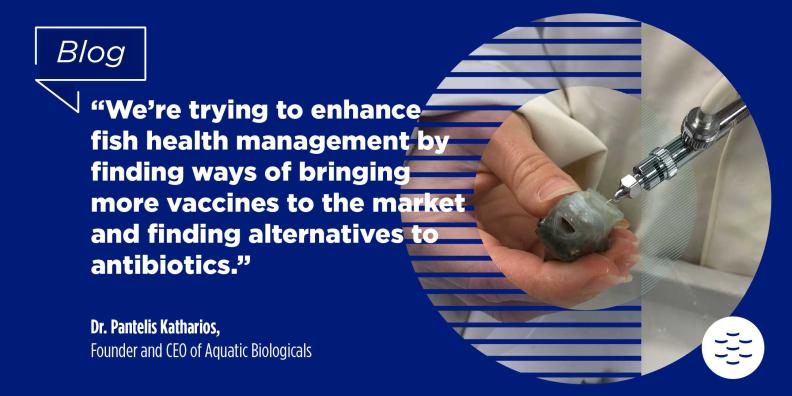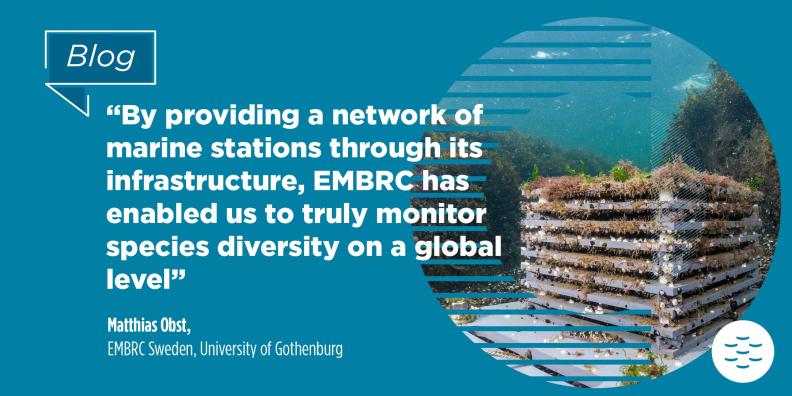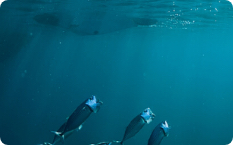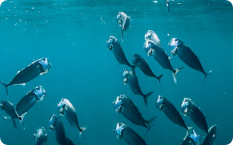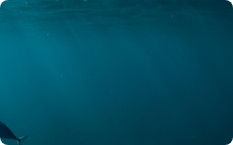
For the women and girls aspiring to develop a career in STEM, it can be hard to know how to have a positive impact in science, especially without seeing strong role models. So we wanted to introduce a few of our team members and talk to them about the vital role women play in the advancement of marine science.
At EMBRC, we’re proud of the many talented women on our team. While we can’t showcase them all in one blog, three members of staff kindly agreed to share their experience of being a woman in marine science:
Finding your path in marine science
Everyone has a different journey to a career in marine science, even in the EMBRC team.
Alice Soccodato, EMBRC’s Scientific Officer and Project Manager has a degree in marine biology, a PhD in oceanography and marine biology, and certifications in scuba diving, sailing, and search and rescue. She’s been fascinated by the underwater world since she was a child and wanted to dedicate her career to ocean science. “I’ve always been curious to learn more about the world around me, and wanted to carve out a career creating more respectful relationships between people and nature. Marine science was a natural fit,” she says.
Although she has a PhD in microbiology, Mery Piña, EMBRC’s Industries Liaison Officer, felt she could have more impact by leaving the lab and using her entrepreneurial knowledge (she has a Masters degree in alternative models and innovation) to close the gap between research and industry. She is particularly interested in how improving collaborations between academia, industry, investors, and policy makers can help boost the potential societal impact of biotechnology. “I love working in a field that has an impact on the climate crisis we are currently living through,” she says.
Kamila Sfugier Tollik, EU Projects Technical and Coordination Officer, was profoundly curious about STEM at school but didn’t mind what field she would specialise in. “It wasn’t as if I had this lifelong dream specifically about the sea,” she says. After being drawn to marine biology, she soon encountered a huge obstacle. “Battling seasickness on campaigns was a lost cause for me,” she recalls. So, she decided to specialise in genetics, eventually working on projects tackling food fraud and traceability issues in seafood.
Career motivations
The team is passionate about contributing to a sustainable future. “I want my work to help to make a change in our world,” explains Alice. Mery agrees. “It’s inspiring to think that my work contributes to the respectful and sustainable exploitation of marine biological resources,” she says. Her career highlight (so far) is being part of the EMBRC team that succeeded in organising an EU parliament event to promote the blue bioeconomy in Europe.
Kamila’s loves learning how the ocean supports billions of people around the world. “Through my work, my connection with the ocean has deepened in ways I couldn’t have imagined,” she says.
What challenges do female marine scientists face?
Like other STEM fields, women face many challenges in their careers. Lack of representation is a major hurdle, says Kamila: “Despite progress, women are still underrepresented in senior roles, which can affect mentorship opportunities and career advancement for upcoming female scientists” not to mention funding and recognition.
This isn’t unique to the marine biology community. “Sadly, I find the same picture as elsewhere: women paid less than men for the same job and men predominantly holding more senior positions,” says Mery.
Work-life balance and the peculiarities of fieldwork – which can often include things like scuba diving, deploying heavy equipment and spending long hours in harsh conditions that can be more offputting to women – can mean women are more likely to make sacrifices. “It takes years of studies to specialise in ocean science and the sector isn’t set up to support women,” explains Alice. “Often, female scientists have to choose between their career and having a family.”
“Women often bear a disproportionate burden of childcare and eldercare responsibilities, which can impact their career trajectories,” adds Kamila, noting that this can make it more difficult to stay away from home for long periods or work unusual shift patterns.
Advice for women considering a career in ocean science
Despite these challenges, working in marine science can be hugely rewarding. Ocean observation, for example, is playing a vital role in helping us tackle the many challenges caused by our changing climate. We know we need more women in science. Diversity is good for research outputs and having people of different genders, cultures and backgrounds boosts our potential for innovation.
Thankfully, things are changing and more women are pursuing marine science careers. Mery advises younger scientists “to speak up, point out incorrect behaviours and work together to reach gender equity”. “Getting hands-on experience is invaluable” adds Kamila, who recommends early career scientists take part in internships, volunteer, network and attend conferences to get extensive insights into the field, both theoretical and practical.
She wants aspiring female scientists to know that “the ocean of opportunities is vast and your unique perspective is needed more than ever,” saying: “Embrace your curiosity, seek out mentors who inspire you, and don't be afraid to make waves. Marine science is not just about understanding the sea; it's about shaping the future of our planet. Your journey can take many paths, and each one is crucial and rewarding.”
An open, collaborative, and equitable future
There is still much to do to improve. Alice wants to see a “profound transformation” in how the system works to make it easier for women to balance family and work life, and have a more stable career.
Kamila adds that more mentoring and leadership programmes are needed and marine science management plans should be co-created with women “to make sure their voices are heard and valued right from the start”.
She wants to see an open and collaborative marine science community because this will lead to better data, more discoveries, and a better understanding of how to protect the earth we all share. This future is deeply rooted in open science, she says: “Imagine a world where the secrets of the ocean are unlocked not by individuals working in isolation but through a united effort, where knowledge flows freely among scientists, policymakers, and the public.”
“This is what we're championing at the EMBRC,” Kamila continues. “Open science isn't just a concept for us, it's the cornerstone of how we approach the mysteries beneath the waves. It's about making data available to everyone, and breaking down barriers to collaboration and sparking innovation and speeding up our progress in safeguarding our oceans.”
Thanks to Alice, Mery and Kamila for sharing their thoughts. Happy International Women’s Day.












